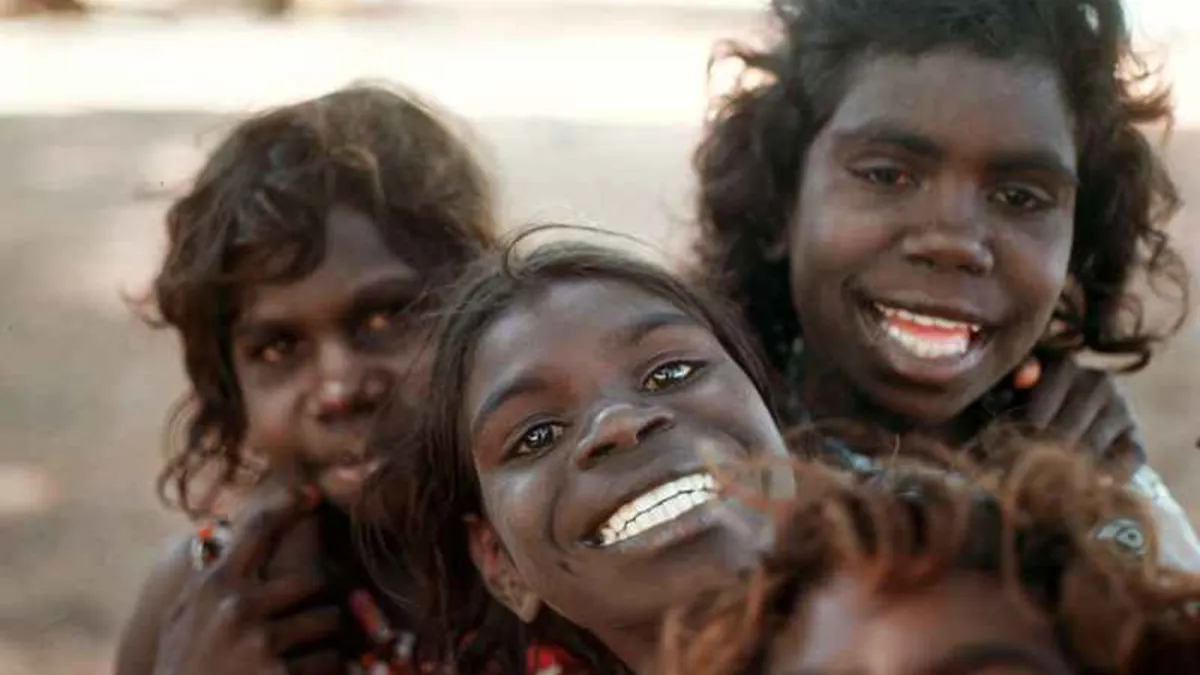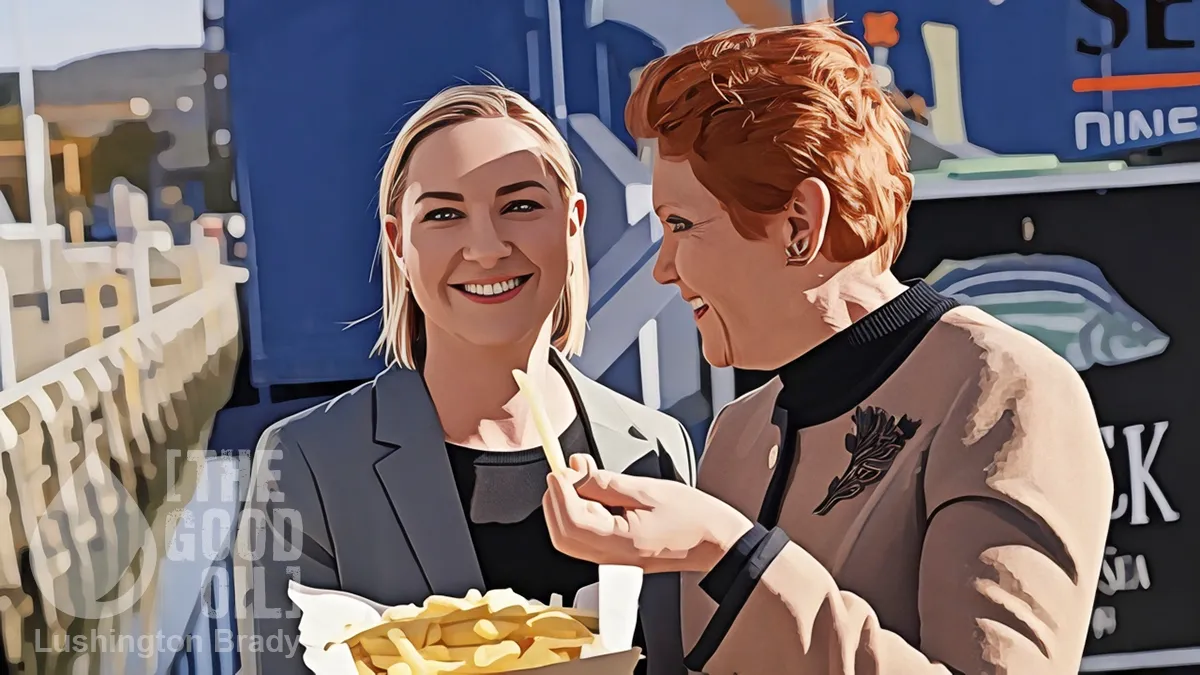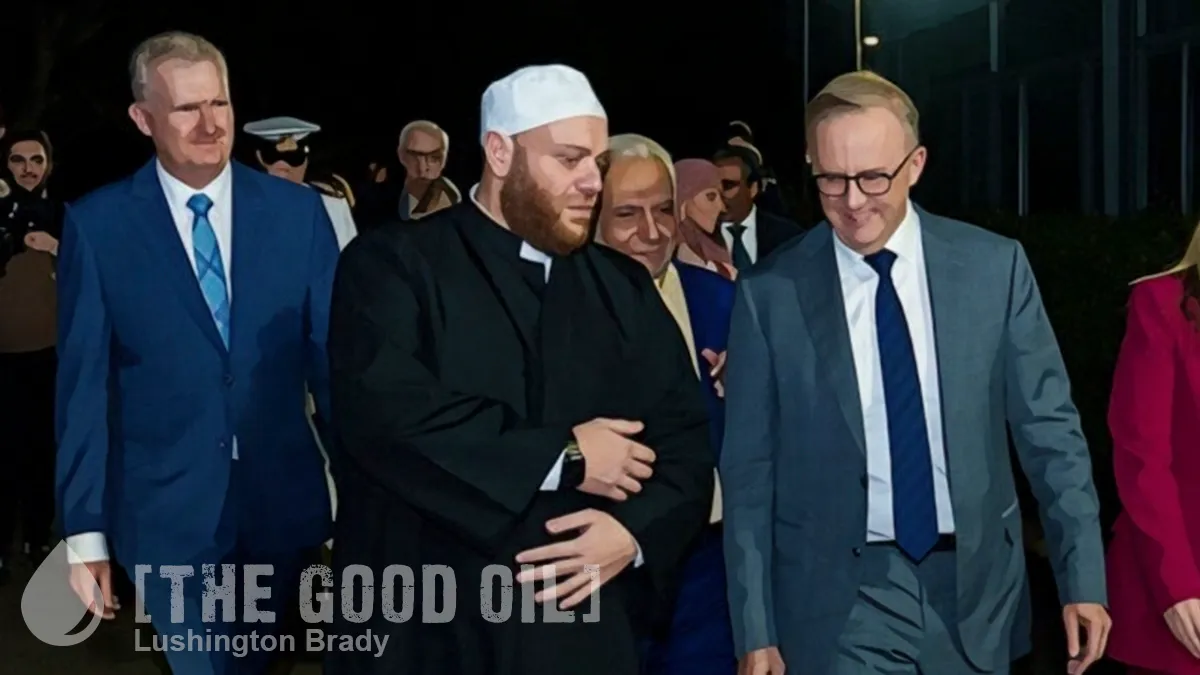Table of Contents
As (black) American scholars like Wilfred Reilly, Roland G Fryer and Thomas Sowell vainly keep trying to point out, nearly every “racial disparity” can be easily explained – and not by “race”. Contrary to the Critical Race Theory assumption that “systemic racism” underlies every group difference, real or imagined, there’s almost always a far more prosaic explanation.
The problem for the race-baiting activists, though, is that those explanations don’t always reflect well on their preferred ‘intersectional’ groups. Blacks are over-represented in prison populations: ‘racism’ – or grossly disproportionate black crime rates? Blacks are over-represented in crimes: ‘racism’ – or distressingly high rates of black fatherlessness?
Shocking rates of domestic and child abuse in remote communities: ‘colonisation’ – or a culture that empowers and excuses violent men?
Are you beginning to see a pattern here? In each case, foregoing ‘racism’ as an explanation means accepting not just unpleasant truths, but imposing a burden of self-responsibility.
Even in such commonplace matters as registering the birth of a child.
One in six or 15 to 18 per cent of births to Indigenous mothers are not registered with the state government compared with 1.8 per cent for non-Indigenous births, according to a report by the Queensland Ombudsman (QO).
The 2018 report has found not having a birth certificate is a significant barrier to employment and study, leaving many “largely invisible” and unable to properly partake in society.
So, who’s fault is it if parents don’t register the birth of a child?
Coordinator of the Pathfinders National Aboriginal Birth Certificate program, Ronald Naden, said distrust in government, due to colonisation and stolen generations, and a lack of services in remote communities were contributing factors.
Ah, of course… that ol’ reliable: ‘racism’.
The “distrust” seems strangely selective, though. As Aboriginal academic Anthony Dillon recently wrote, about activists who claimed to feel “culturally unsafe” hearing the late Queen Elizabeth II’s name, they don’t seem to have much problem with seeing her face on the money.
And they seem to conveniently trust – and somehow find access to – some government services more than others.
In Mount Isa, family support worker Georgia Stannard said families were often confused by the need to register their children with both Centrelink and the Queensland government.
Now, Mount Isa is a city of nearly 20,000 people. It has numerous hospitals, including at the remote community of Doomadgee. Hospitals that supply the appropriate forms at the birth of a child.
If they can find a Centrelink office – and deal with the white folks there – what’s really stopping them from finding other government services?
“A lot of the Aboriginal people won’t participate, they like to go to an event where there is an Aboriginal person there that understands most of their needs,” he said.
“They can’t trust the services that are there, they won’t open up.”
ABC Australia
As always with such claims, try flipping that narrative: “White people won’t participate unless they can talk to a white person.”
Now, what would we call that?
As participants in the Aboriginal birth certificate programme say, having a birth certificate is absolutely vital to a great many basic services, not least of which is higher education.
If Aboriginal parents refuse to engage with the most routine aspects of modern life, who is really to blame if Aboriginal kids are set up for failure?









